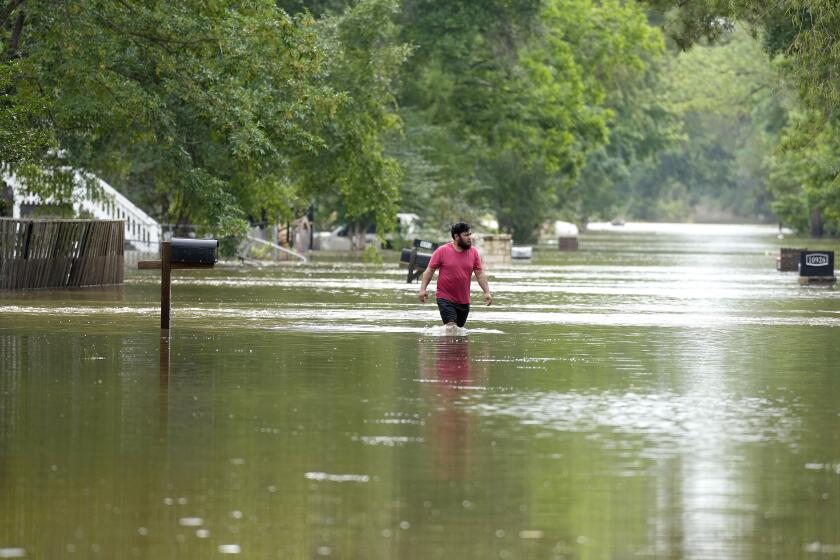Germany Says ‘Enough’
Last year nearly 440,000 foreigners sought political asylum in Germany, more than 80 times the number of just two decades ago. How many of these faced a real danger of persecution in their homelands? Only about 5%, if experience is any guide; the rest were economic migrants. But determining case-by-case who that 5% are can take years; meanwhile, taking care of each asylum seeker costs the government up to $10,000 a year. Growing public dissatisfaction with this policy, given its most vicious expression in right-wing attacks on some foreigners, has finally forced a change in one of the world’s most generous immigration practices.
Germany’s Parliament has acted to bring the country into compliance with international standards on political asylum. Under a new law, nationals from a country that Germany finds to be free of persecution will be barred from seeking asylum. The law also allows the quick return of asylum seekers to countries through which they passed on their way to Germany if those countries themselves have laws for admitting political refugees.
Germany hosts about 6.5 million foreigners, many of them longtime residents who are integrated into national economic life. But now, faced with the staggering costs of unification and a stubborn recession, Germany finds it can no longer maintain the practice that has seen it become the temporary or permanent destination for fully two-thirds of Europe’s migrants.
The new law won’t, of course, stop economics-driven migrations. Tens if not hundreds of thousands of desperate people from depressed countries will continue to cross Europe’s borders in search of a better life. And if war continues in the former Yugoslavia, if persecution of minorities grows in Eastern Europe, hundreds of thousands more can be expected to join the migratory stream.
Germany’s revised asylum policy may come to be seen as a watershed in post-war European history, an unavoidable recognition that the Continent’s richest nation can no longer bear the primary burden of succoring so many of the Continent’s dispossessed. The new policy is thus also a warning to Germany’s neighbors: They must be prepared to do more as economic as well as political turmoil shakes the east.
More to Read
Start your day right
Sign up for Essential California for news, features and recommendations from the L.A. Times and beyond in your inbox six days a week.
You may occasionally receive promotional content from the Los Angeles Times.






